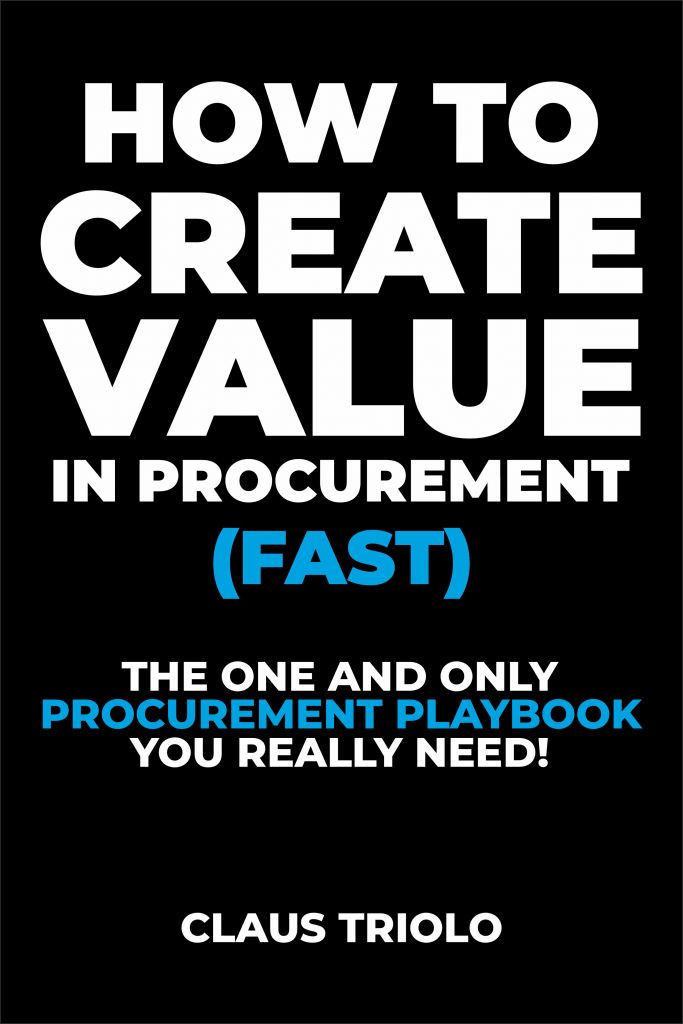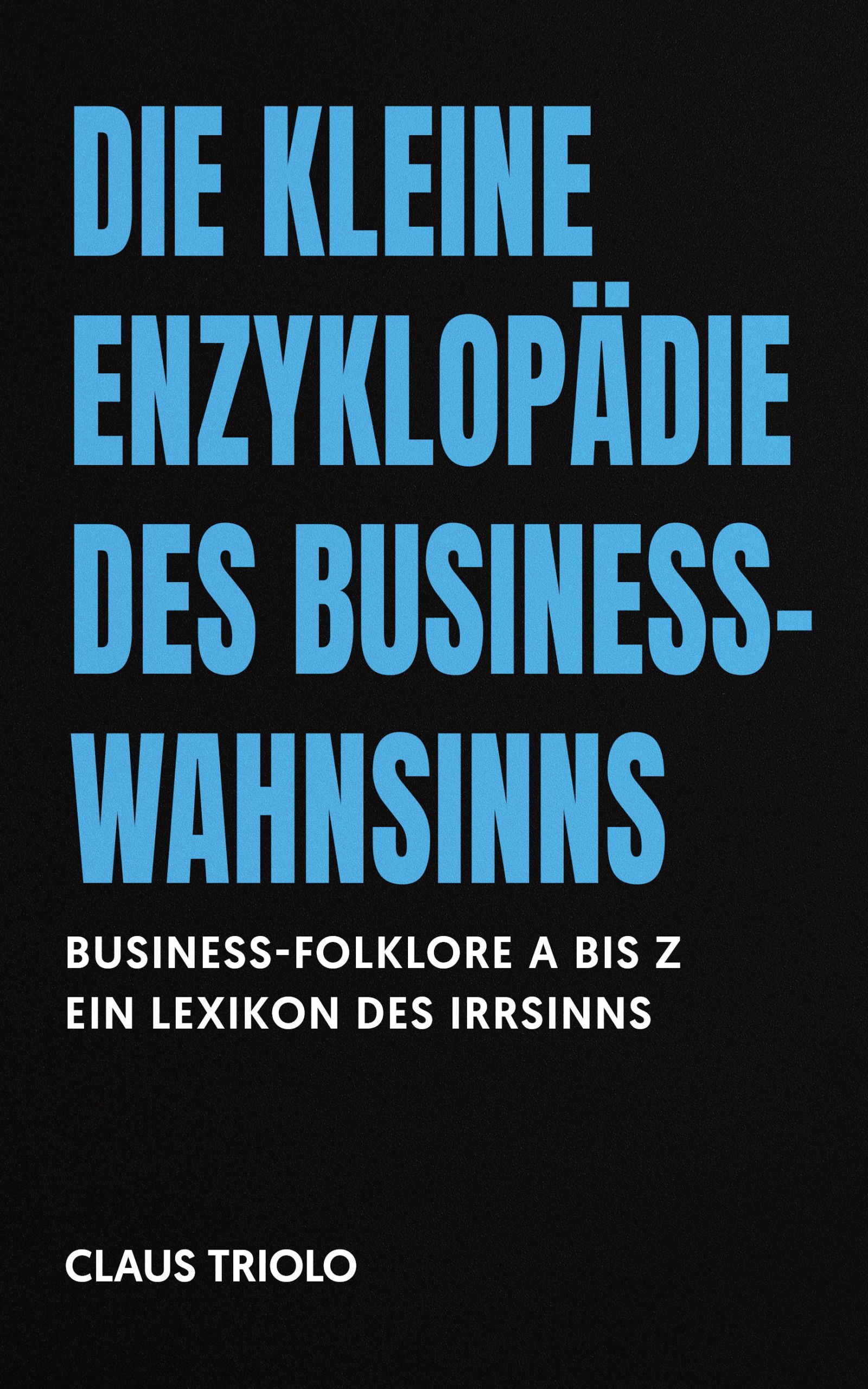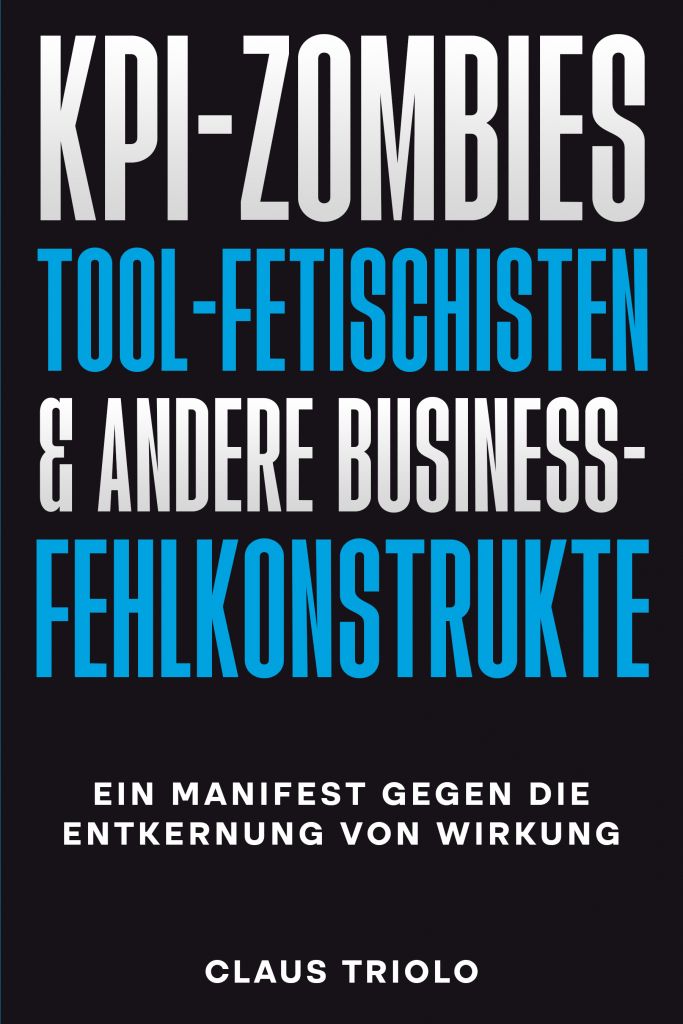Blockchain is not a new buzzword. For seasoned procurement leaders, it’s already a game-changing force reshaping how we manage risk, trust, and transparency in global supply chains. In 2024, blockchain is no longer in its experimental phase; it’s a fully-fledged business enabler, driving measurable efficiencies across industries. Yet many procurement leaders are still lagging behind, hesitant to adopt a technology that’s proven itself time and again. If you’re not engaging with blockchain at this stage, you’re not just behind the curve—you’re part of a procurement model that’s rapidly becoming obsolete.
Forget the hype and media-friendly talk about blockchain being a magical solution for all industries. The real power lies in its ability to offer irreversible verification and trustless ecosystems—essential qualities for procurement in high-stakes environments like pharmaceuticals, aerospace, and luxury goods.
- Supply Chain Traceability in Real-Time:
Procurement leaders dealing with complex global supply chains know the headache of managing vendor transparency. Blockchain automates and verifies every handoff from raw material sourcing to final delivery, offering real-time, auditable, and immutable records. This is crucial in industries like food and pharmaceuticals, where regulatory compliance and risk management are critical. Real-world examples already show that blockchain has cut down audit times by up to 70% in certain high-risk sectors. - Smart Contracts: Cutting Through Bureaucracy
Smart contracts are not just futuristic tools—they are redefining contractual obligations in procurement. These self-executing contracts can automate payment processes, trigger compliance checks, and resolve disputes without human intervention. This eliminates unnecessary third-party involvement and drastically reduces delays in procurement cycles. Leaders who adopt smart contracts are seeing contract completion times shrink by 50%, leading to faster go-to-market strategies. - Blockchain + AI: The New Procurement Power Couple
Blockchain’s potential multiplies when combined with AI-driven analytics. AI helps identify procurement patterns, and blockchain ensures the integrity of these insights. Together, they create predictive models that make procurement more agile, proactive, and transparent. For example, IBM’s Food Trust blockchain leverages AI to trace foodborne illness outbreaks back to the source in seconds—something that used to take weeks. The procurement leader who understands the synergy between blockchain and AI will have an edge in agility, foresight, and risk mitigation.
While many leaders understand blockchain’s potential, few know where to start or how to scale. Here’s a strategy playbook:
- Identify High-Impact Areas First:
Focus on parts of your supply chain where transparency and compliance are non-negotiable, such as regulatory-heavy industries or those susceptible to fraud. Start with pilot programs in these areas and measure the immediate benefits. - Partner with Tech-Savvy Suppliers:
Blockchain only works if all players in your supply chain are onboard. Engage suppliers who are already using blockchain technologies or are willing to adopt them. Building a tech-forward supplier network can exponentially increase the ROI of your blockchain investment. - Scale Fast with Industry Consortiums:
One of the quickest ways to implement blockchain is by joining an industry-specific consortium. Major sectors, such as retail, pharmaceuticals, and aerospace, are already creating standardized blockchain platforms, reducing the friction of building your own from scratch.
Blockchain is not a one-size-fits-all solution, but for those who understand its strategic value, it offers unprecedented opportunities to transform procurement. As we push into 2024, procurement leaders need to ask themselves: Are you leading the charge, or waiting for your competitors to leap ahead? Because in this space, waiting means losing.
“Blockchain is the technology that will fundamentally change the way we do business, not just in finance but across every industry.”
Don Tapscott, author of ‘Blockchain Revolution’



















